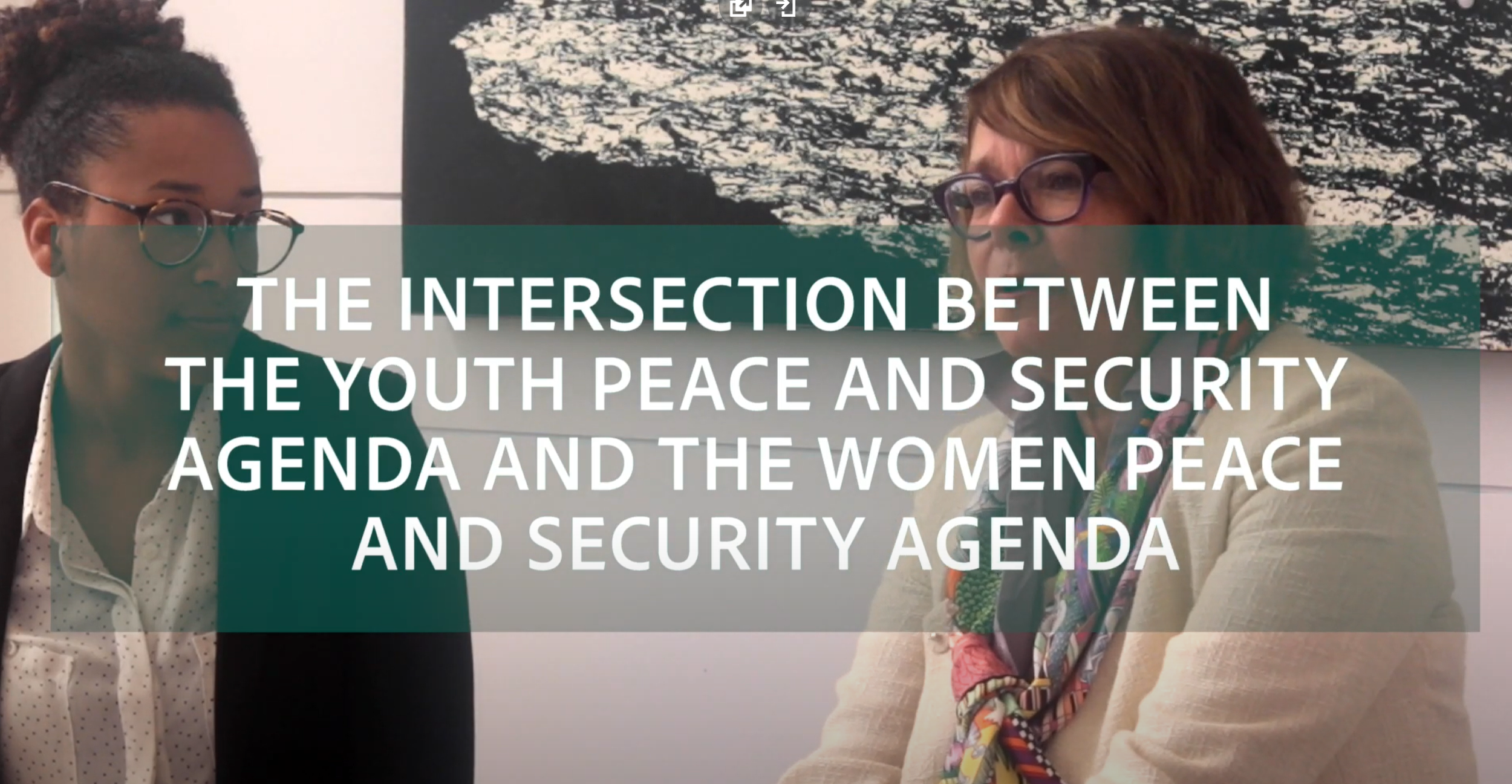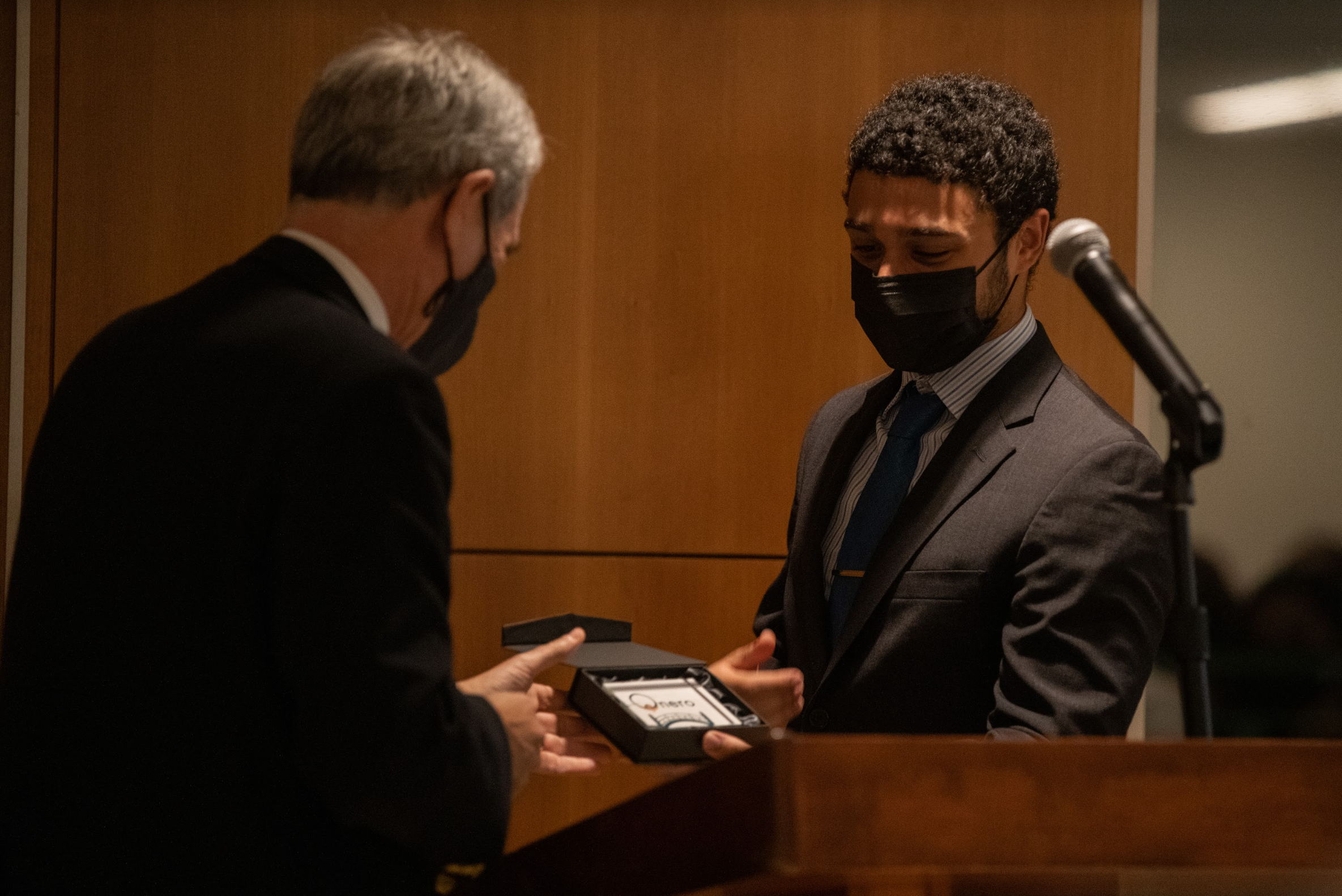Onero Research
Date Published
- December 2025
- November 2025
- August 2025
- July 2025
- June 2025
- May 2025
- April 2025
- March 2025
- February 2025
- January 2025
- December 2024
- November 2024
- October 2024
- September 2024
- August 2024
- July 2024
- June 2024
- March 2024
- February 2024
- October 2023
- March 2023
- February 2023
- January 2023
- November 2022
- October 2022
- January 2022
- November 2021
- October 2021
- August 2021
- July 2021
- March 2021
- September 2020
- August 2020
- July 2020
- February 2020
Bodily Autonomy in Crisis: The Sterilization of Dalit Women in India
Dalit, translating to “oppressed,” refers to the people formerly known as “untouchables.” Dalit women are marginalized in Indian society due to their unique experience with the intersection of caste-based discrimination, gender oppression, and state-sanctioned policies. They are routinely denied access to education, healthcare, and basic rights. This exclusion and marginalization make them prime targets for forced sterilization, which is viewed by some as a way to control the reproductive capacity of marginalized communities.
Western Responses to Gender Apartheid in Afghanistan: Diplomacy, Sanctions, and Unintended Consequences
In August 2021, the Taliban seized control of Afghanistan’s government, bringing with them a sweeping series of socio-political reforms that have instituted a system of gender apartheid on Afghan women. Since taking power, the Taliban has issued over 80 edicts aimed at suppressing women and girls in Afghanistan and erasing them from public life. Passed in August 2024, the latest in this series of edicts, a ban on women speaking in public, demonstrates just how cruel and draconian the Taliban regime is when it comes to women's rights. These gender-based restrictions have further complicated the establishment of the Taliban’s diplomatic relations, particularly with the Western world, which largely views the edicts as extreme. This widespread international condemnation has often had unintended negative effects, deepening the suffering of the Afghan people without weakening the Taliban’s grip on power.
The Istanbul Convention: Turkey's Withdrawal from Its Own Women's Rights Legacy
Turkey's controversial withdrawal from the Istanbul Convention raises questions about the nation's stance on women's rights and combating domestic violence. While the government claims to be prioritizing its interpretation of family values and social norms, critics argue this may be a political maneuver. The decision highlights the tension between international human rights standards and national sovereignty, revealing the complexities of implementing global agreements within diverse cultural contexts.
The State of Abortion: Poland’s Path to Democratic Reconstruction
Though the latest United States Human Rights Report praises the government’s recent strides toward reform, there continue to be obstacles to accessing sexual and reproductive health services.
The Implementation of Protection and Prevention pillars of UNSCR 1325 on Gender-Based Violence in Conflict-Affected Areas
In the 23 years since the declaration of the United Nations Security Council Resolution (UNSCR) 1325 on Women, Peace and Security (the WPS Agenda), national and international implementations have had both successes and failures in upholding the agenda. By evaluating the progress that has been made, we can better understand how to move forward with better solutions for the future.
The Impact of Rising Violence on Indigenous Communities and Indigenous Women in Colombia
Colombia has a long history of violence and conflict, including the well-known period called “La Violencia” between 1948 and 1957. Since then, international actors and the Colombian government have attempted to minimize the level of violence within the country, but fell short of making an effective change. Through the attempts these governments and organizations have made, including the 2016 Peace Deal between the government and the Revolutionary Armed Forces of Colombia (FARC), they have routinely mismanaged solutions and created more unrest and anger from the public and guerilla groups. In these situations of overwhelming violence, it is essential to recognize that Colombia’s marginalized communities have faced the worst impacts. Despite indigenous people having the right to their lands and to practice their traditions and culture as per the Constitution of 1991, they are still actively discriminated against in Colombia’s exclusive and traditional society. Not only do indigenous people face rampant discrimination in Colombia, but indigenous women are disproportionately impacted by the surges of violence and are ignored by most international communities and the local and federal governments.
Social Activism Beyond the Veil: Joint Efforts of Secular and Islamic Feminists In 1990s Iran
This article aims to provide a new framework for analyzing the feminist movement in relation to religious symbols in Iran. After interpreting the literature in the field, it is clear that feminism and Islamic feminists have joined forces in the past in order to accomplish social change. Secular and Islamic feminists did not have a collective identity, but for a period of time they were united by collective goals. Thus, collective goals are a means of accomplishing social change.
Increased Involvement in Peace and Security
This interview is a conversation with Dr. Chantal de Jonge Oudraat, the President of Women in International Security, and Nadia Crevecouer, former Senior Program Assistant. In the interview the two discuss the UN Security Council Resolution 1325, the Women Peace and Security Agenda, as well as UNSCR 2250, the Youth Peace and Security Agenda. Learn more about the intersection between the two agendas and the significance of women and youth involvement in peace and security affairs.










